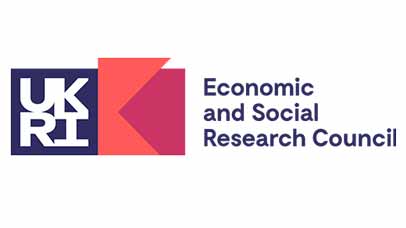
Pioneering a New Method for Investigating the Neural Correlates of Ageing Effects during Natural Reading
Pioneering a New Method for Investigating the Neural Correlates of Ageing Effects during Natural Reading
Reading is a critical skill within modern societies, affecting, for example, social inclusion, health, education, and employability. Eye movements have been used to study natural reading and have led to the development of detailed theoretical models of the mental processes that govern this behaviour, including how they might change with age. Many studies have shown that older adults (65+ year olds), compared to younger adults (18-30 year olds), experience difficulty reading, even when their visual and mental abilities appear normal. Eye movements, though, are not directly informative about underlying brain processes. This means that little is known about the underlying cause of this age-related difficulty. This project aims to address this issue by pioneering a new method that allows brain processes to be examined in real-time during natural sentence reading, by simultaneously recording eye movements and measures of brain activity.
The issue of age-associated difficulties in reading is likely to become increasingly important as the number of older members of society increases due to population ageing, as well as the chances of members of society having extended working lives, often in jobs requiring a good level of reading ability.
This project is funded by the UKRI Economic and Social Research Council (ES/R008957/1).
